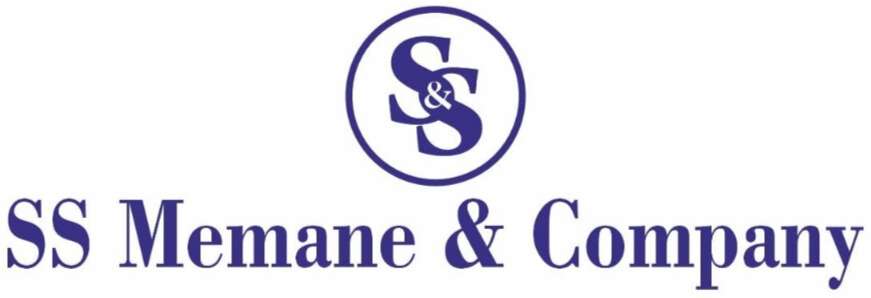ESI Registration
Quick Contact
Documents Required
- PAN Card
- GST Registration Certificate
- Identity proof
ESI Registration
Employee State Insurance (ESI) is a self-financing social security and health insurance scheme for Indian workers. ESI registration is mandatory for employers with 10 or more employees earning up to ₹21,000 per month (₹25,000 for employees with disabilities). Managed by the Employees’ State Insurance Corporation (ESIC), the scheme provides medical, monetary, and other benefits to employees in case of sickness, maternity, disability, and death due to employment injury.
Key Points
Mandatory for Employers: ESI registration is compulsory for all organizations with 10 or more employees (the number may vary by state).
Contribution Rates: The employer contributes 3.25% of the employee’s wages, while the employee contributes 0.75% of their wages towards ESI.
ESI Code Number: Upon registration, the organization is issued a unique 17-digit ESI Code Number, which must be used for all future correspondences and filings.
Benefits: Employees covered under the ESI scheme are entitled to various benefits, including medical care, sickness benefits, maternity benefits, and compensation for work-related injuries.
Documents Required
Employer Documents:
- Certificate of Incorporation or Registration of the Company/Partnership/Establishment.
- PAN Card of the company or establishment.
- GST Registration Certificate.
- Address proof of the establishment (utility bills, lease agreement, etc.).
- Bank details of the company.
Employee Details:
- List of all employees with their personal details (name, father’s name, address, etc.).
- Salary details of employees, including the breakup of wages.
- Date of joining of each employee.
Other Documents:
- Digital Signature Certificate (DSC) of the employer for online registration.
- Register of attendance and muster roll.
- Register of wages paid to employees.
Process
Check Eligibility:
Ensure the organization meets the eligibility criteria (10 or more employees and wage limits).
Create Employer Login:
Visit the ESIC portal and create an employer login by providing basic details such as company name, email ID, and contact number.
Fill Registration Form:
Log in to the ESIC portal using the credentials received via email.
Fill out the online registration form with company details, employee information, and bank account details.
Submit Documents:
Upload the required documents, including the Certificate of Incorporation, PAN, and employee details.
Verify the details and submit the form online.
Receive ESI Code Number:
Upon successful submission, the ESIC will generate a unique 17-digit ESI Code Number.
This number will be used for all future correspondences and filing of ESI returns.
Issue ESI Cards:
Each registered employee will be issued an ESI card, which they can use to avail of medical benefits under the scheme.
Start Contributions:
Both employer and employee contributions towards ESI must be made monthly.
Payments are to be made online through the ESIC portal.
Advantages
Comprehensive Health Coverage: ESI provides extensive medical benefits to employees and their dependents, covering hospitalization, surgery, maternity, and more.
Social Security: The scheme offers financial protection in case of sickness, disability, or death due to work-related injuries.
Cost-Effective for Employees: The employee’s contribution is only 0.75% of their wages, providing affordable healthcare and other benefits.
Legal Compliance: ESI registration ensures that the organization is compliant with labor laws, avoiding potential legal issues.
Disadvantages
Employer Contribution: The employer’s contribution of 3.25% can be a financial burden, especially for small businesses.
Administrative Complexity: Managing ESI registrations, contributions, and claims can be administratively challenging and time-consuming.
Limited Eligibility: Only employees earning up to ₹21,000 per month are eligible, which excludes higher-paid workers from the scheme.
Geographical Coverage: ESI dispensaries and hospitals may not be available in all locations, limiting the accessibility of benefits.
- Copyright 2024 © SS Memane || Designed By || Mr. Sunil Memane


